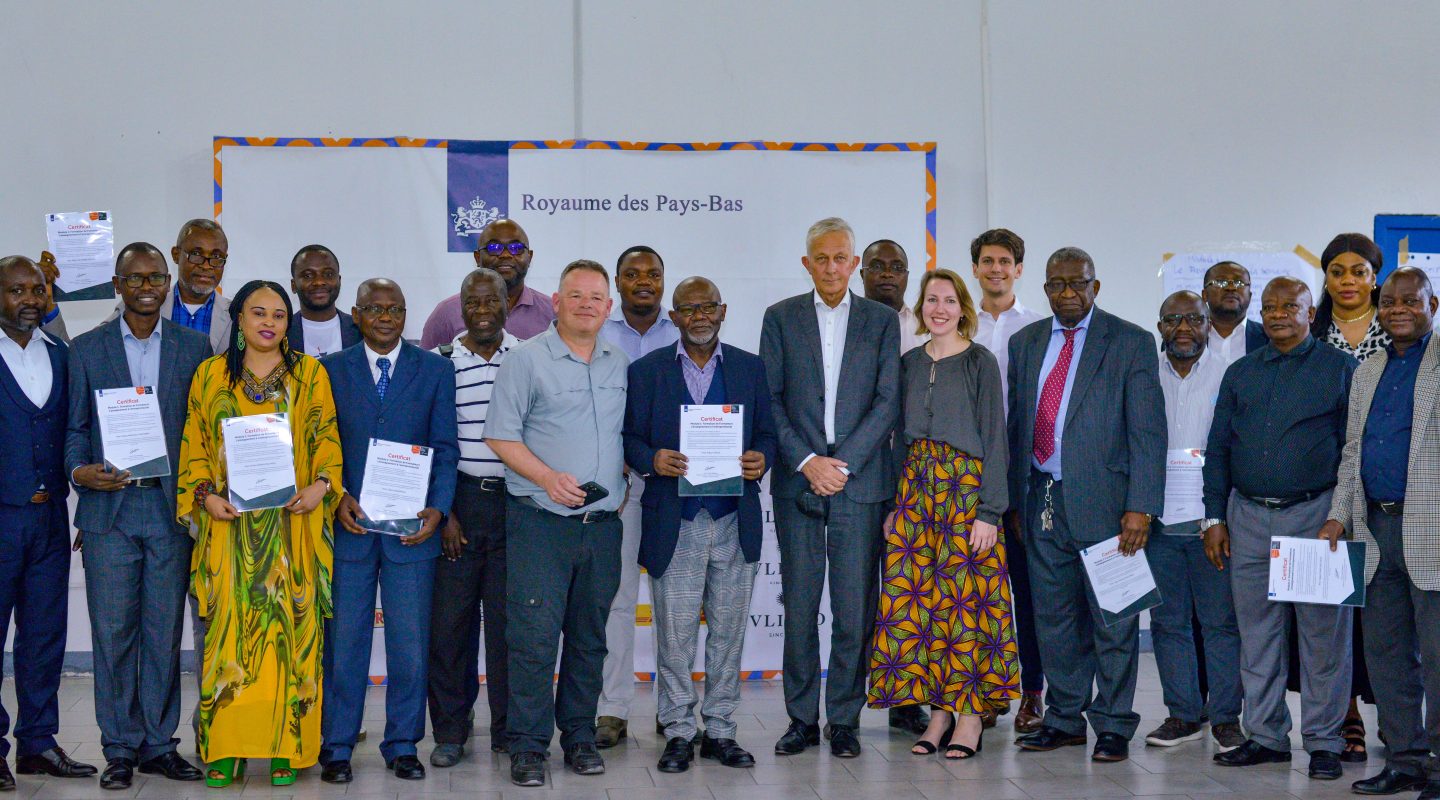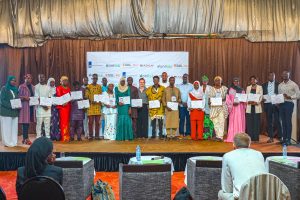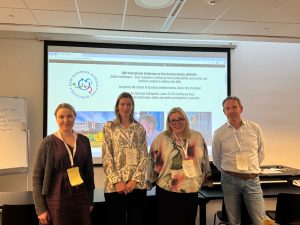Fostering an entrepreneurial mindset among young graduates creates jobs and generates economic and social value. With unemployment and birth rates extremely high in the DRC, entrepreneurship needs to be fomented if unfavourable trends are to be reversed. To help tackle this challenge, Erasmus Centre for Entrepreneurship went to Kinshasa in March 2022 to facilitate a training for professors and teachers of seven Congolese universities.
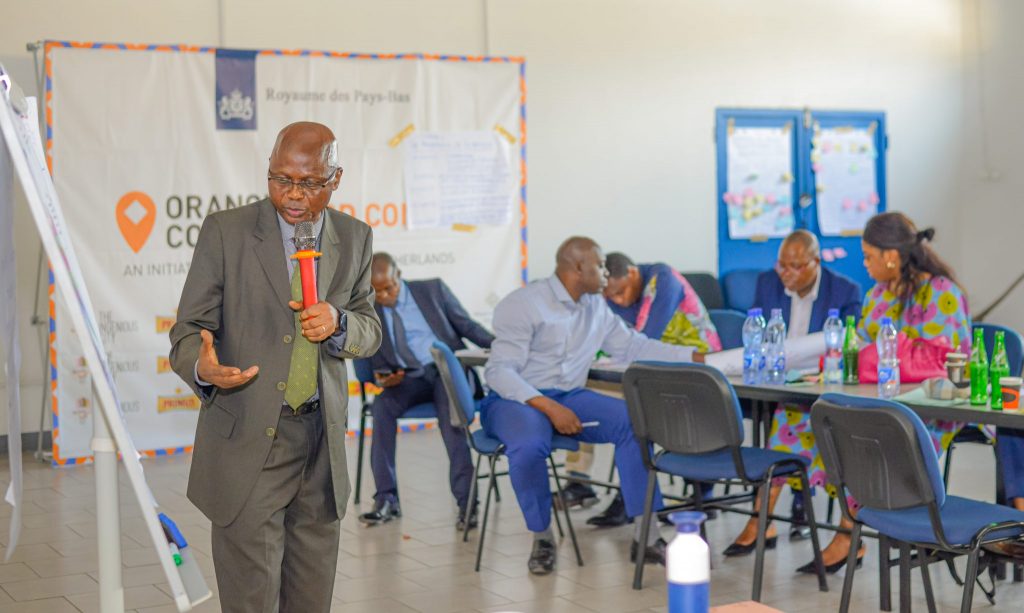
On-site training
The training is part of a one-year K2K entrepreneurship project initiated by the Netherlands Enterprise Agency (RVO) and the Dutch embassy in Kinshasa. The project aims to inspire and support higher education institutions (HEIs) in the Democratic Republic of Congo (DRC) by co-developing entrepreneurship education for their students.
Erasmus Centre for Entrepreneurship is implementing the project with a local incubator host, Ingenious City, and the local office of the training institute MDF. The project kicked off in the summer when all partner universities conducted an internal entrepreneurial education needs assessment. This allowed us to develop targeted training modules to address the specific objectives and challenges of each partner university and the local context. The needs assessment was followed by a first visit to the DRC in November 2021 to meet with each HEI individually and get to know other stakeholders from the Kinshasa entrepreneurial ecosystem.
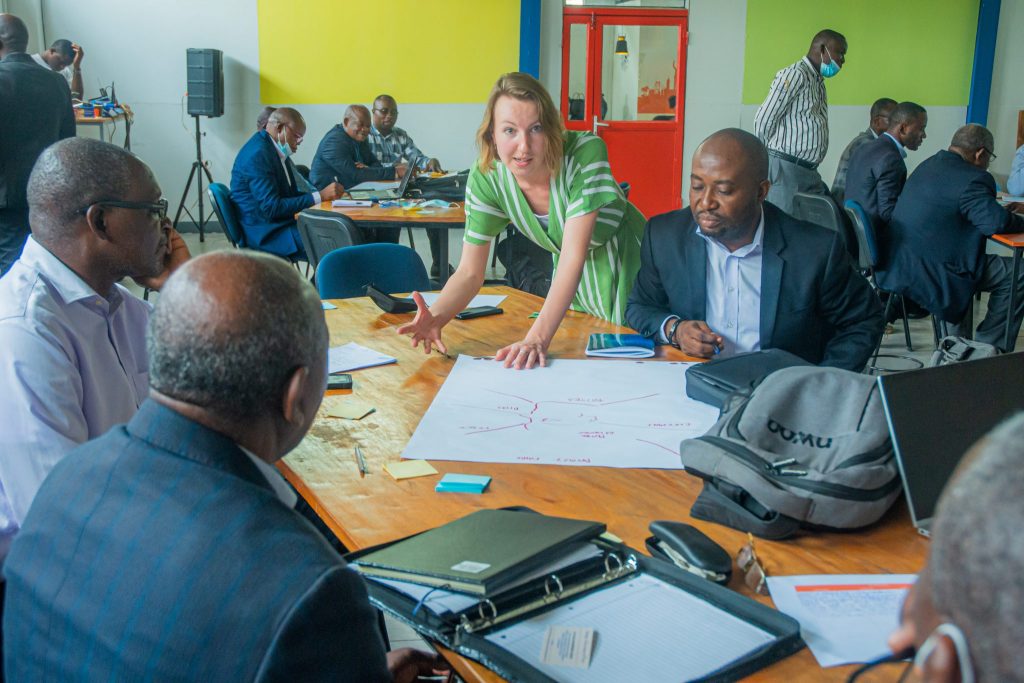
Fostering entrepreneurial education is central
In addition to the enthusiastic participation of all local universities in the K2K project, there has also been significant interest from DRC’s governmental institutions. During both visits, the project team met with the Ministries of Education and SME’s together with the Netherlands embassy to discuss the importance of entrepreneurial education in the creation of opportunities for the Congolese youth. Notably, two Ministry representatives joined the training, indicating commitment from the public sector to familiarise itself with entrepreneurship education.
To enable value creation on a large scale, working with education institutes is not enough. The local entrepreneurial ecosystem in the DRC must be involved and supportive of young entrepreneurs too. With this goal in mind, the DRC’s government is taking concrete actions. On March 18th 2022, the Startup Act, developed in cooperation with the Dutch embassy and I4Policy, was officially approved. The Act aims to create a more conducive regulatory framework for entrepreneurs in the DRC.
Module 1: the principles of entrepreneurial education
After finalising the training proposal based on the results from the needs assessment, the project partners began preparations for the first module. With a diverse group of professors from each partner HEI, the training was highly interactive and offered participants the opportunity to share their experiences about teaching entrepreneurship. Participants entered the training with concrete learning ambitions, such as which methodology to use when providing entrepreneurial education and how to equip students with the right tools to succeed in their entrepreneurial journey.
Reflecting after four intense training days, participants appreciated the progress they made with formulating a mission for entrepreneurial education at their university and developing a pilot course to be implemented in the future. During the reception at the end of the training each HEI enthusiastically presented their plan of action.
In the coming months, all participating HEI’s will continue to work on implementing their pilot courses and getting feedback from students and teachers alike. During the second and final module, which will take place in June this year, we will evaluate the results together and further refine the course.
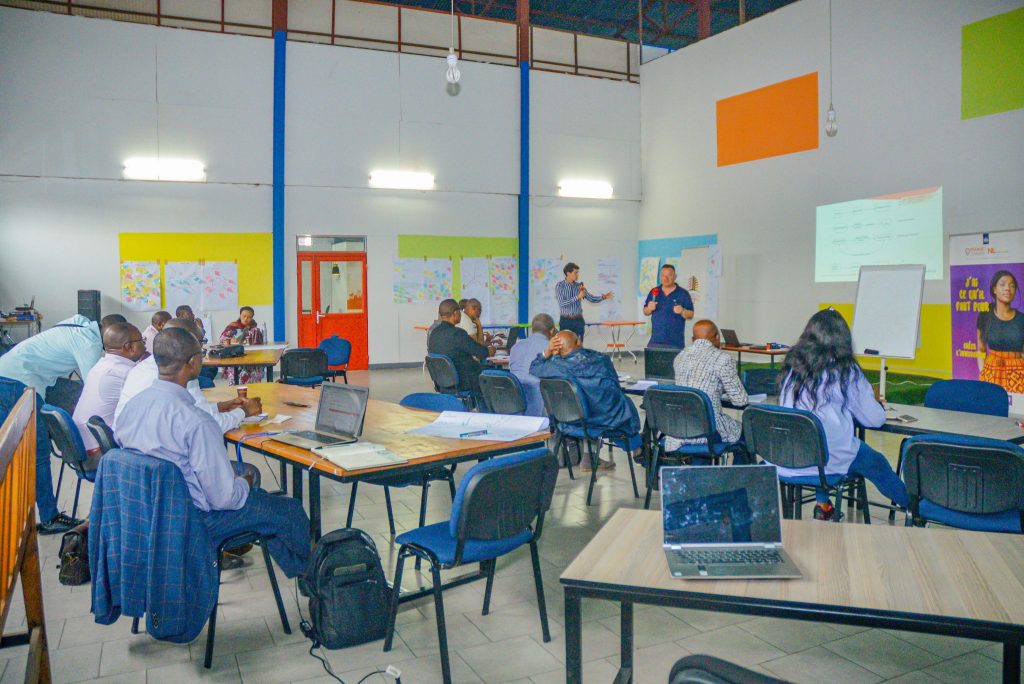
What’s next?
The next module will focus on the course’s embeddedness in the entrepreneurial ecosystem by engaging external partners. This means students get exposure to the business community and are able to pursue opportunities beyond the university.

